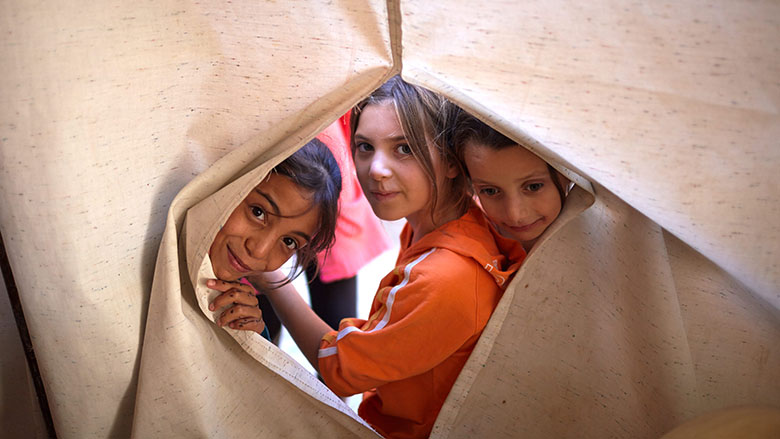Despite a growth slowdown in 2017 at 2.1 percent, economic prospects in the Middle East and North Africa (MENA) region are projected to improve in 2018 and 2019 with growth exceeding 3 percent according to the new World Bank MENA Economic Monitor titled “Refugee Crisis in MENA, Meeting the Development Challenge.” Both MENA’s oil exporters and oil importers will benefit from a steady improvement in global growth; increased trade with Europe and Asia; more stable commodity markets, especially oil; and reforms undertaken in some of the countries in the region.
“The short-term prospects of economic recovery are contingent on several factors, including the uncertainty arising from prolonged conflicts in the region and the massive numbers of forcibly displaced persons” said Lili Mottaghi, World Bank Economist and the report lead author. ”MENA countries need to adopt the right mix of policies to grow faster, including reforms to diversify the economies and strengthen the business environment to unleash the potential of the private sector.”
The report analyses the impact of the region’s ongoing instability on growth prospects, with performance half below pre-2011 levels, making it difficult to address youth unemployment and the needs of refugees across the region as conflicts continue.
“Because the legacy of conflicts tend to lower growth prospects, both the private and public sector will need to be more agile and combine their efforts to chart a new path,” said Rabah Arezki, World Bank MENA Chief Economist.
By the end of 2016, over 5.4 million Syrians were registered refugees concentrated at 75 percent in Lebanon and Jordan. The report highlights the impact of the massive scale of inflows of refugees on host countries’ and suggests pathways to support countries facing the increasing pressure on public finances and services while maintaining their macro-economic stability. The report suggests that there is a need to transition from humanitarian to development aid and develop more robust statistics to monitor refugees’ welfare and international assistance.
“ In addition to meeting their immediate needs for food and shelter, refugees need education to build their human capital and jobs to preserve their dignity, and prepare them to return to their home countries when stability is restored. This is a global responsibility” said Hafez Ghanem, World Bank Vice-President for the MENA region. “The donor community, including the World Bank is stepping up its efforts to achieve this goal and mobilize concessional financing to support host countries meet the increased development demand” he added.





 Creative Commons Attribution 4.0 International license
Creative Commons Attribution 4.0 International license